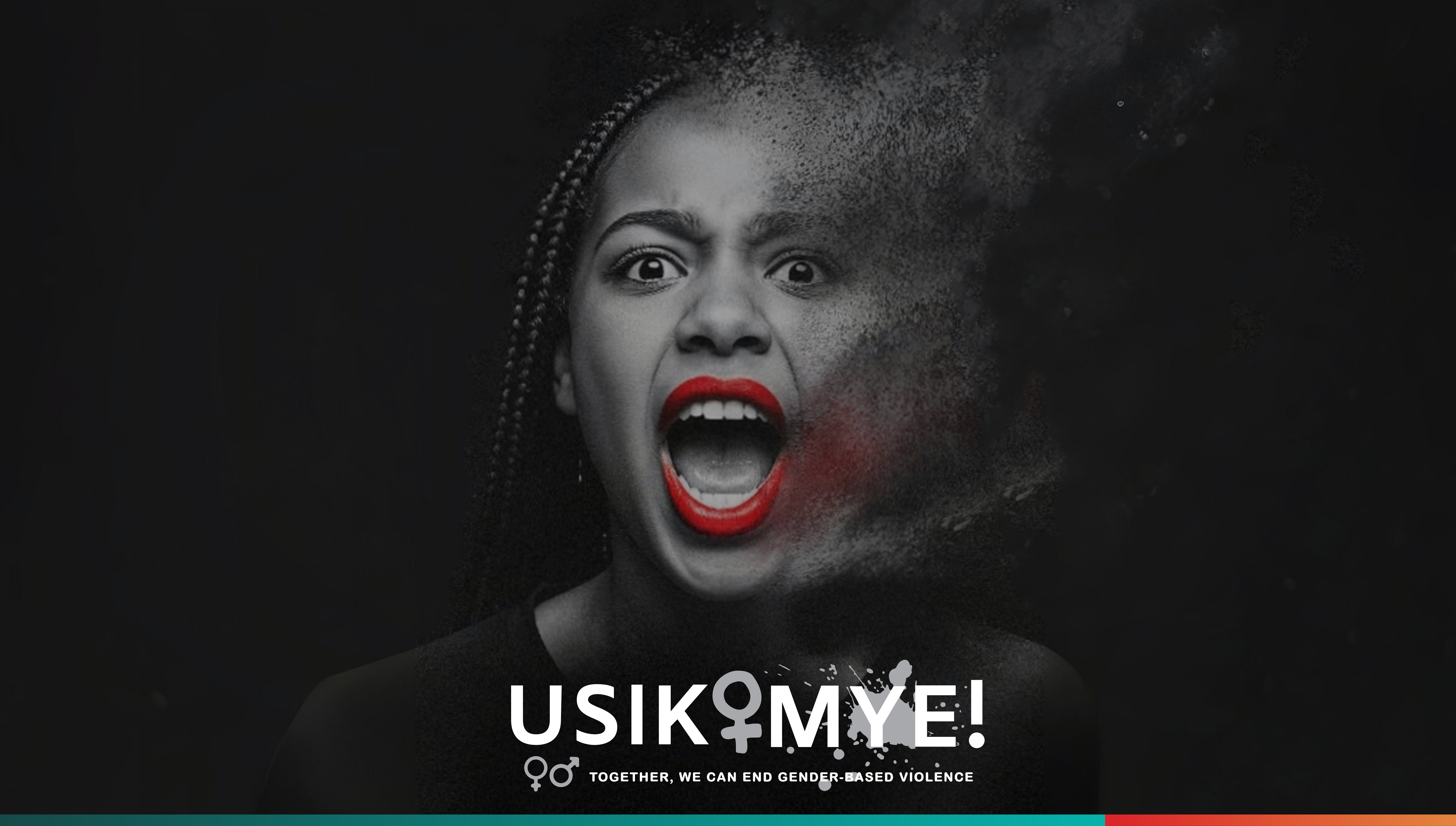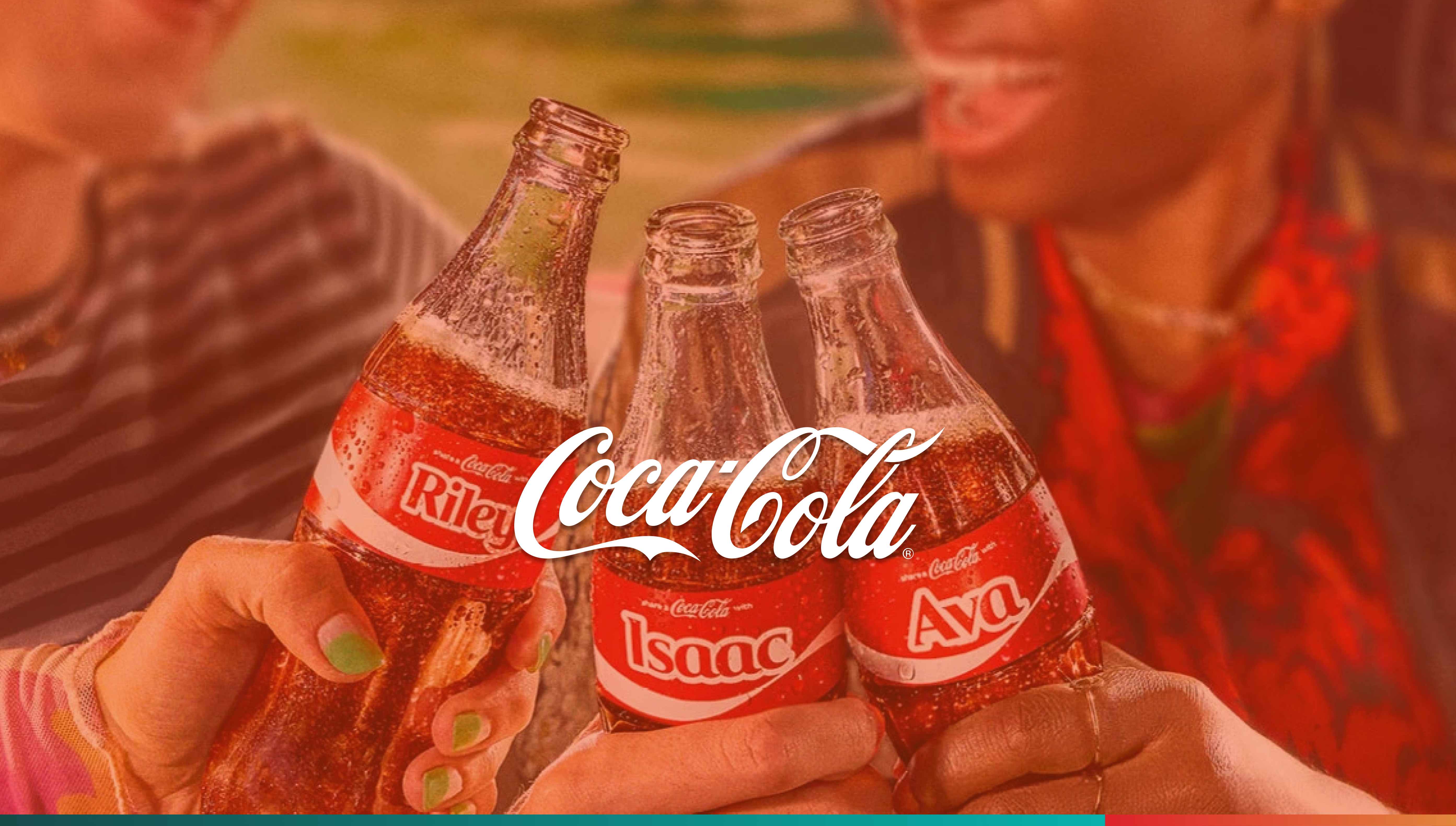
Background
In Kenya, femicide has reached crisis levels. In 2024 alone, more than 170 women were killed simply because they were women, the highest toll ever recorded in the country. Yet legally, these tragedies remain classified as generic homicides. This failure to name femicide for what it is hides its gendered nature, weakens accountability, and prevents targeted prevention and survivor support.
Without recognition, femicide stays under-reported, under-resourced, and under-prioritised. Survivors and families continue to face silence where they need justice.
The Issue
To confront this injustice, Usikimye, a survivor-centred NGO fighting gender-based violence, launched a petition demanding that the Kenyan government officially recognise femicide as a distinct crime, as countries such as Mexico, Argentina, Italy, and Croatia already have.
The goal: 100,000+ signatures to create a groundswell of public support and pressure lawmakers to act.
Our Approach
Changing hearts and mobilising action required more than awareness it required strategic reach, relevance, and urgency.
Partnering with Ogilvy Africa, MediaPal powered the programmatic arm of the campaign, ensuring that the message spread beyond social media bubbles into the trusted, everyday spaces where Kenyans consume news and information.
We structured the digital campaign around three pillars:
Strategic Targeting
- Urban, digitally active users → reached through civic, news, and lifestyle publishers.
- Regional audiences → targeted via vernacular and hyperlocal platforms often overlooked by traditional media buys.
- Geo-targeted & interest-based delivery → powered by MediaPal’s DSP, ensuring the right message reached the right communities.
Relevance-Driven Creatives
- Messaging highlighted the human cost of inaction lives lost, voices silenced, families devastated.
- Creatives balanced empathy with urgency, avoiding shock value while keeping the narrative grounded in dignity and justice.
- Rich media formats (interactive carousels, layered banners) allowed for storytelling within a single ad unit, with clear CTAs leading to the Change.org petition.
Real-Time Optimisation
- Performance was tracked continuously, with budgets dynamically reallocated to high-performing audience segments and publishers.
- Underperforming creatives were quickly refined or replaced.
- Every decision ensured that visibility translated into real signatures while respecting the sensitivity of the message.
Impact
The campaign achieved both scale and mobilisation:
- 5.9+ million impressions across Kenya’s top publishers and regional sites.
- 23,000+ engagements, including clicks, interactions, and shares.
- 0.40% CTR, more than double the average for social impact campaigns (~0.3–0.4%).
- 71% viewability rate, ensuring that the ads were seen in quality environments.
- 24% attention rate, showing nearly 1 in 4 users spent meaningful time engaging with creatives.
- 100,000+ petition signatures secured, surpassing the campaign’s goal and creating one of the largest citizen-led petitions in Kenya’s recent history.
More importantly:
- The campaign shifted the narrative from isolated tragedies to a collective call for legal recognition and reform.
- Survivors’ voices were amplified, and the issue of femicide became part of national conversation across digital and offline spaces.
Why It Mattered
This campaign was more than media it was a movement translated into measurable action. It proved that when advocacy meets precision targeting and empathetic storytelling:
- Awareness becomes engagement.
- Engagement becomes mobilisation.
- Mobilisation becomes a powerful demand for justice.
How You Can Help
- Learn → Visit usikimye.org to hear survivor voices and understand why legal recognition matters.
- Share → Use #StopFemicide to make femicide part of everyday conversations.
- Sign → Add your name to the petition. Each signature strengthens the collective call for justice.
This campaign showed that technology, when responsibly deployed, can amplify humanity’s most urgent causes. By turning a screen into a space for solidarity, MediaPal and partners helped transform grief into collective action for change.



